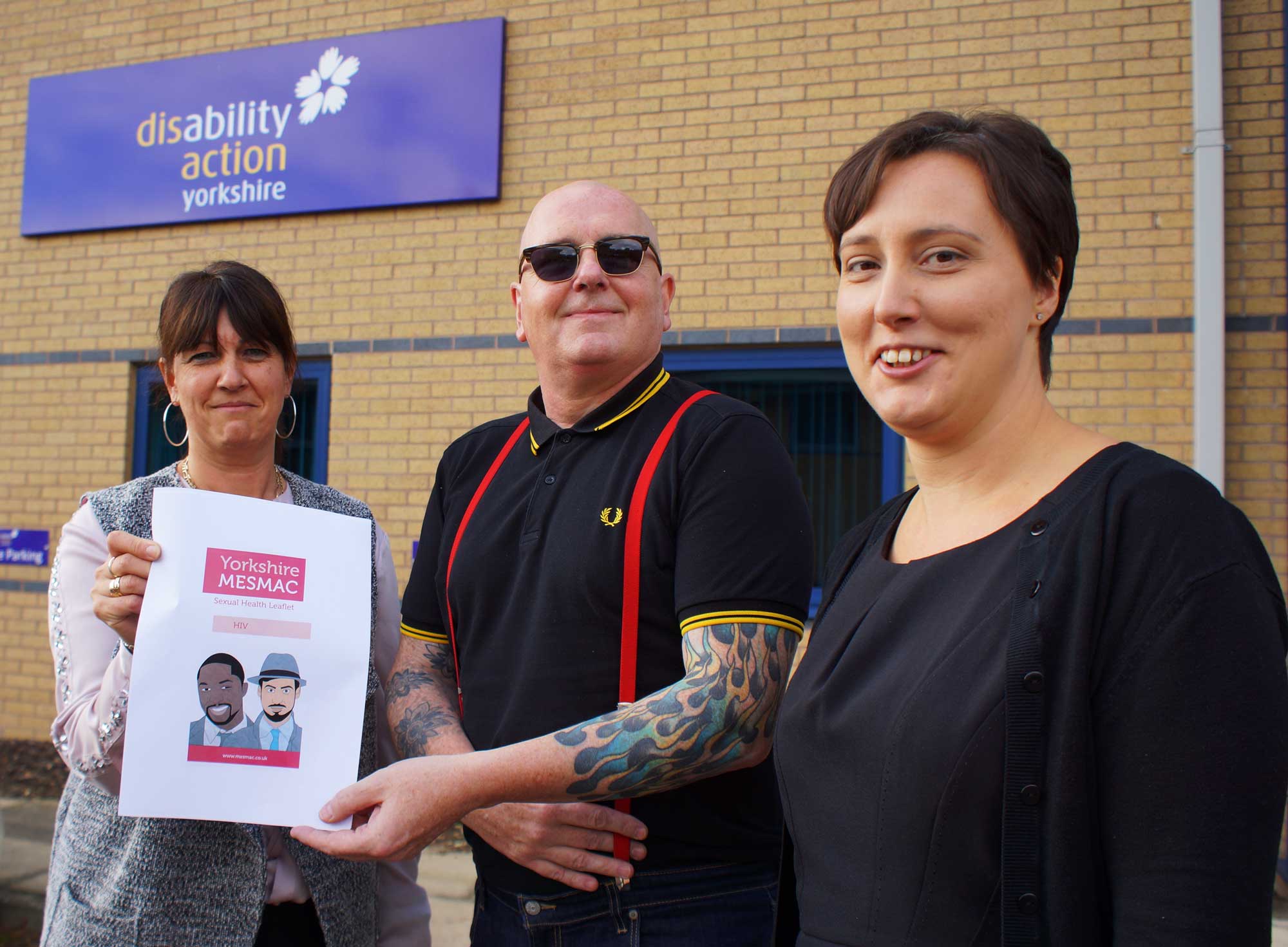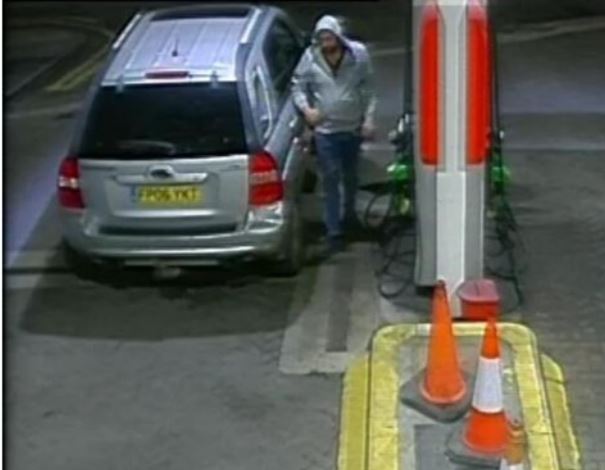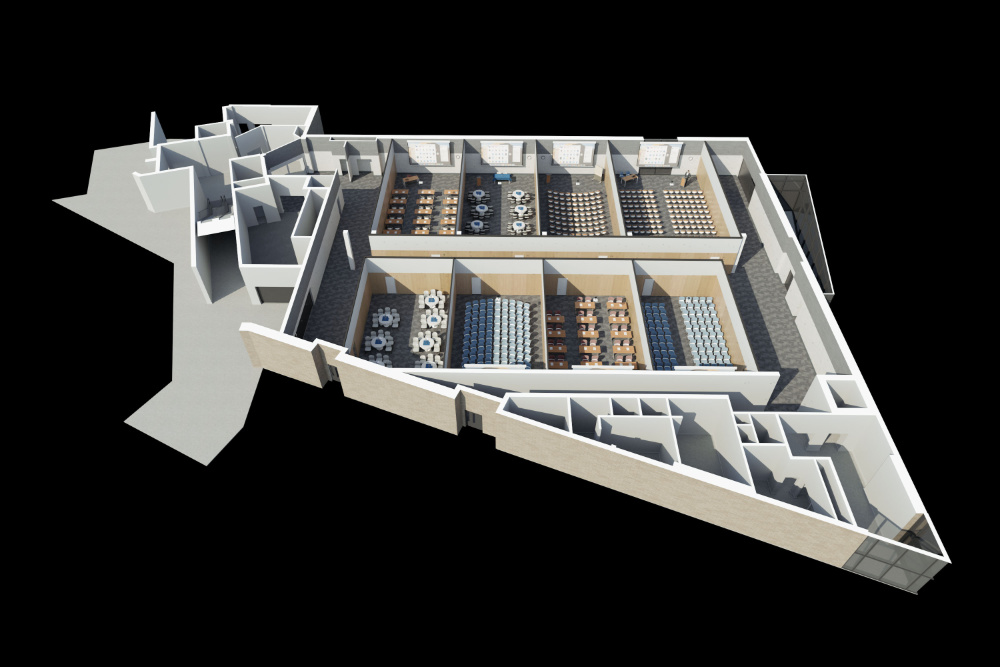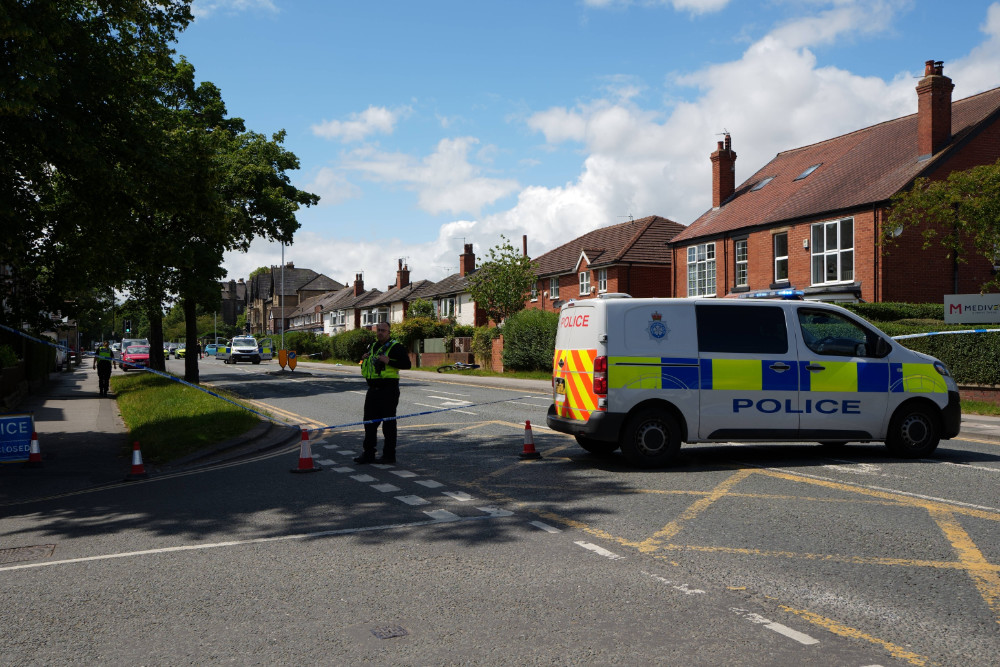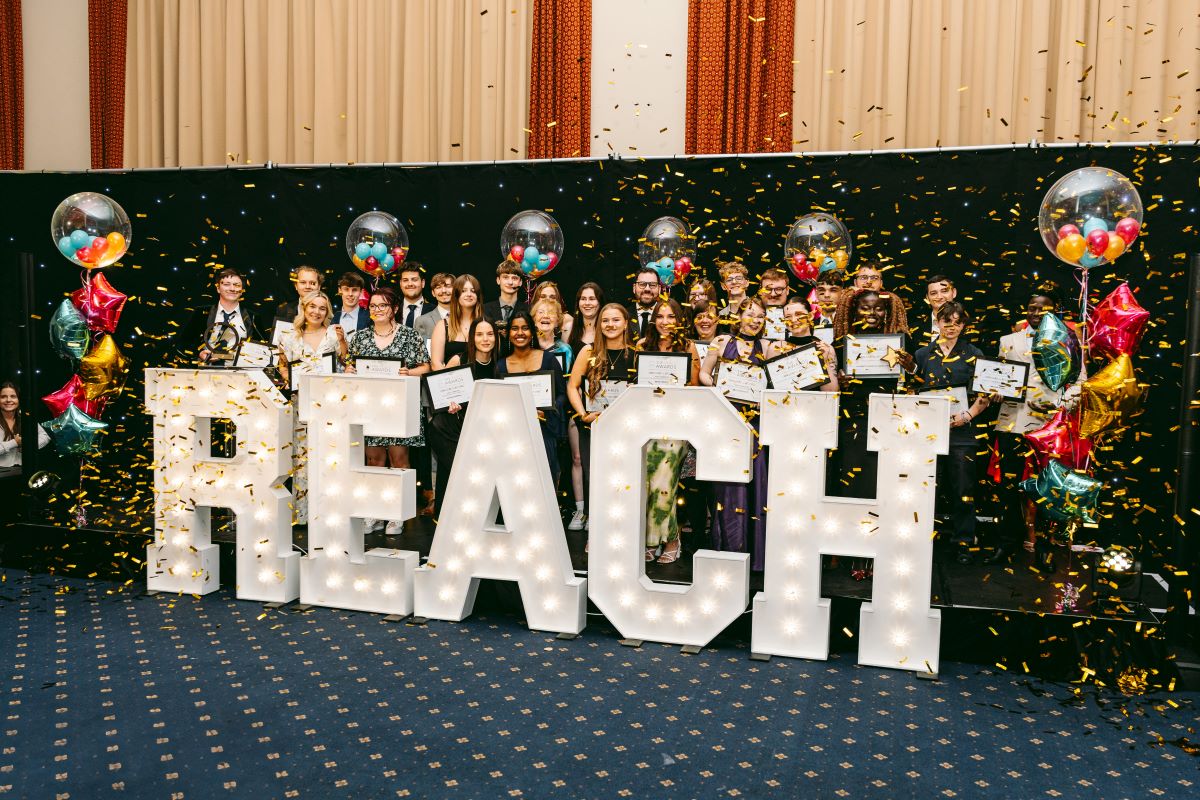Two Yorkshire charities are joining forces to engage with disabled people from the Harrogate District’s LGBTQ+ (lesbian, gay, bisexual, transgender) community.
Thanks to funding from Harrogate Borough Council’s Small Grant Scheme, Disability Action Yorkshire and Yorkshire MESMAC are staging three events where they will explore the issues faced by this vulnerable section of society.
The two organisations hope the drop-in sessions – to be held in Harrogate, Ripon and Pateley Bridge – will form part of a wider awareness raising campaign.
The date for the Harrogate event is Tuesday, 6 December 2017, and it is taking place between 4pm and 8pm in the family room at Wetherspoons, on Parliament Street, where there is wheelchair access at the rear of the building.
Karen Minteh from Disability Action Yorkshire said:
We are very grateful to Harrogate Borough council for giving us this grant, which will enable us to promote the events and contribute towards the venue hire for the drop-in sessions.
Whilst our expertise lies with disabled people, Yorkshire MESMAC’s is working with people who are gay, lesbian, bisexual and transgender, hence us partnering each other in this project.
We know that disabled LGBTQ+ people are often subject to dual discrimination, and we are now exploring ways to combat homophobia and transphobia, in addition to reducing social isolation amongst the group.
Tommo Snape from Yorkshire MESMAC said:
There is a higher prevalence of disability amongst the LGBTQ+ community, believed to be around 15 per cent to 17 per cent, slightly higher than the general population.
Whilst there is no evidence of numbers of disabled LGBTQ+ people living in the Harrogate District, our joint organisations have both had experience of disabled people approaching us to say they have issues and concerns.
These have been mainly attitudinal, with the possibility of hate crime being increased by 25 per cent for disabled LGBTQ+ people.
Our project is very much focused on working with disabled LGBTQ+ people to find out what the issues are for them and together looking at ways of finding solutions.
We know that together we have the skills and experience to deliver this project, which will hope will help bring people together and reduce social isolation and exclusion.

